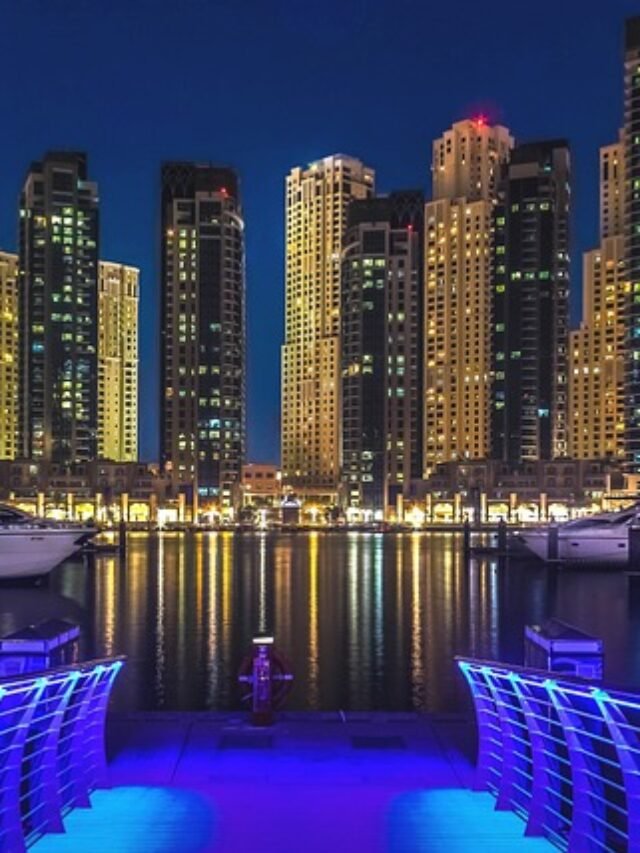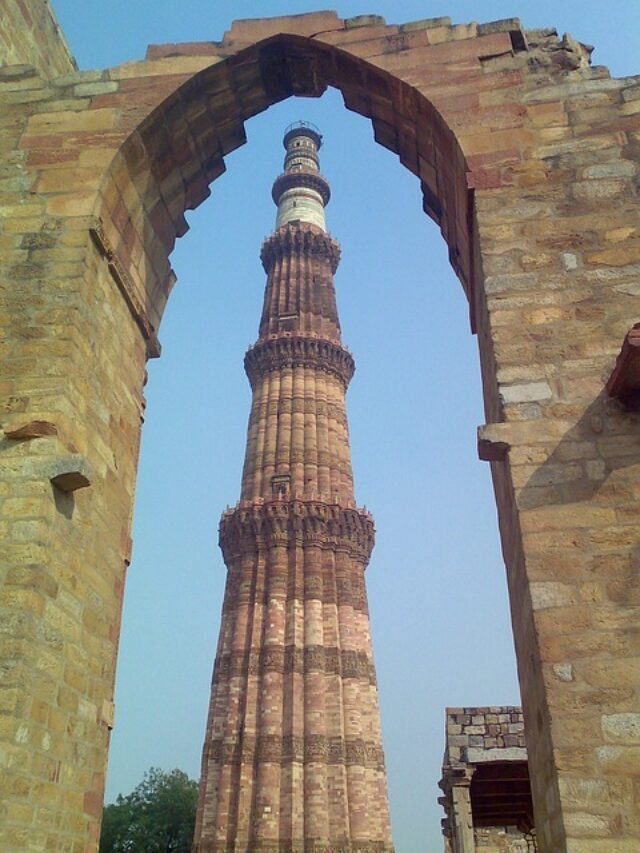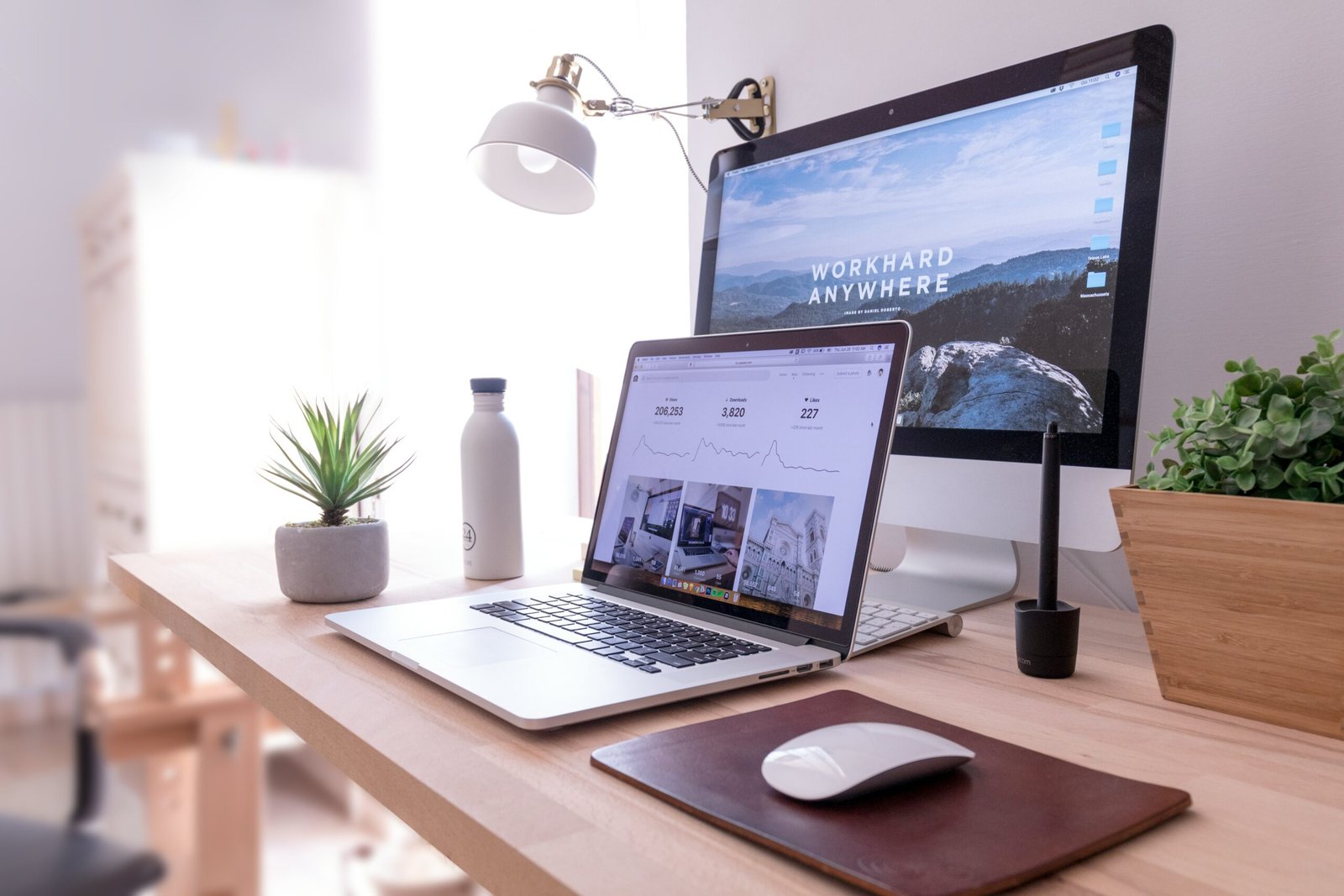Setting up WordPress on Hostinger
Setting up WordPress on Hostinger is a straightforward process that can be done in just a few steps. Here’s a step-by-step guide to help you get started:
Step 1: Choose a Hosting Plan
Before installing WordPress, you’ll need to choose a hosting plan on Hostinger. Hostinger offer various plans to suit different needs and budgets. Once you’ve selected a plan, proceed to the next step.
For purchasing hosting plan click the link https://ln.run/ixTx5
During purchase if you will use coupon code Gulzar59 you will get 10% additional discount on the package. So rush to make money online. It is never late. Don’t miss the opportunity. Take action and change your life.
Step 2: Register a Domain Name
If you don’t have a domain name yet, you can register one through Hostinger. They provide domain registration services, making it convenient to manage both your hosting and domain in one place. And in most of the packages they give domain free of charge for first year.
Step 3: Access the Control Panel
After signing up for a hosting plan and registering a domain, you’ll need to access the control panel. Hostinger provides an easy-to-use control panel called hPanel. Log in to your Hostinger account and navigate to the control panel.
Step 4: Install WordPress
Once you’re in the control panel, look for the “Auto Installer” section. Click on the WordPress icon to start the installation process. Hostinger will guide you through the installation steps, including choosing the domain and setting up the admin username and password.
Step 5: Choose a Theme
After installing WordPress, you’ll be directed to the WordPress dashboard. From here, you can choose a theme for your website. WordPress offers a wide range of free and premium themes that you can customize to suit your needs. Select a theme that aligns with your website’s purpose and design preferences.
Installing and Configuring Plugins
Plugins are essential for adding functionality to your WordPress website. Here are some tips for installing and configuring the required plugins:
Step 1: Identify the Required Plugins
Before installing any plugins, it’s important to identify the ones you need for your website. This will depend on the specific features and functionality you want to incorporate. Some commonly used plugins include:
- Yoast SEO: Helps optimize your website for search engines.
- WooCommerce: Adds e-commerce functionality to your site.
- Contact Form 7: Allows you to create and manage contact forms.
- Jetpack: Offers a suite of tools for website security, performance, and design.
Step 2: Install Plugins
To install plugins, go to the WordPress dashboard and click on “Plugins” in the left-hand menu. Then, click on “Add New” to search for and install the desired plugins. You can also upload plugins manually if you have downloaded them from external sources.
Step 3: Configure Plugins
After installing the plugins, you’ll usually need to configure them to suit your website’s requirements. Each plugin will have its own settings and options that you can customize. Take the time to explore the plugin settings and make any necessary adjustments.
Step 4: Update Plugins Regularly
It’s important to keep your plugins up to date to ensure they function properly and remain secure. WordPress will notify you when updates are available, so make sure to regularly check for updates and install them.
By following these steps, you’ll be able to set up WordPress on Hostinger and install and configure the required plugins for your website. Remember to regularly maintain and update your website to keep it running smoothly and securely.
And be consistent in posting your stories, blogs, news, as consistency is the key of success.
HAPPY BLOGGING!



